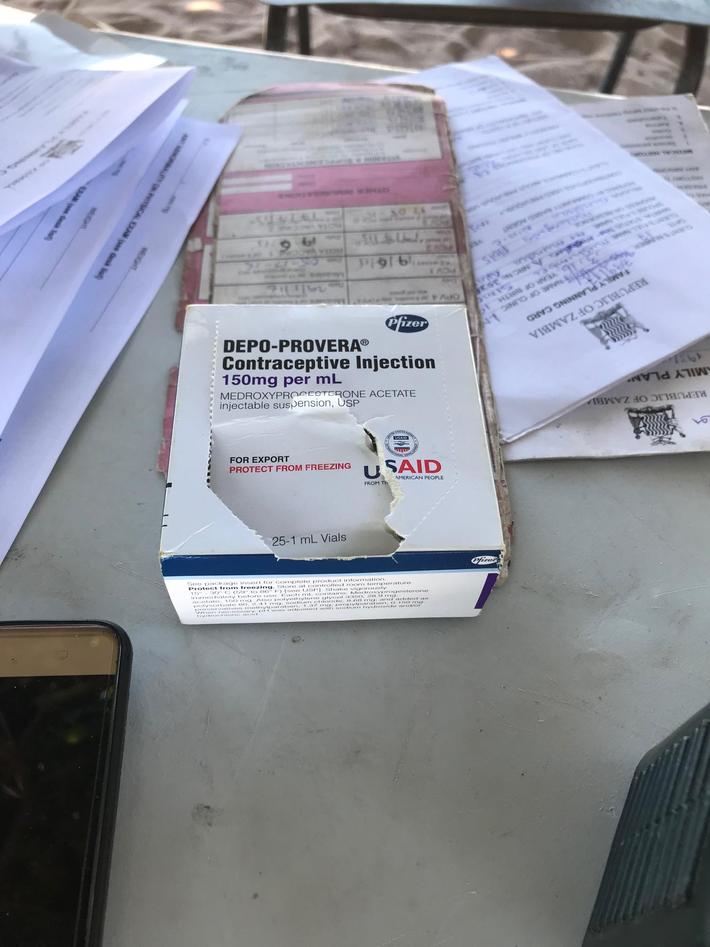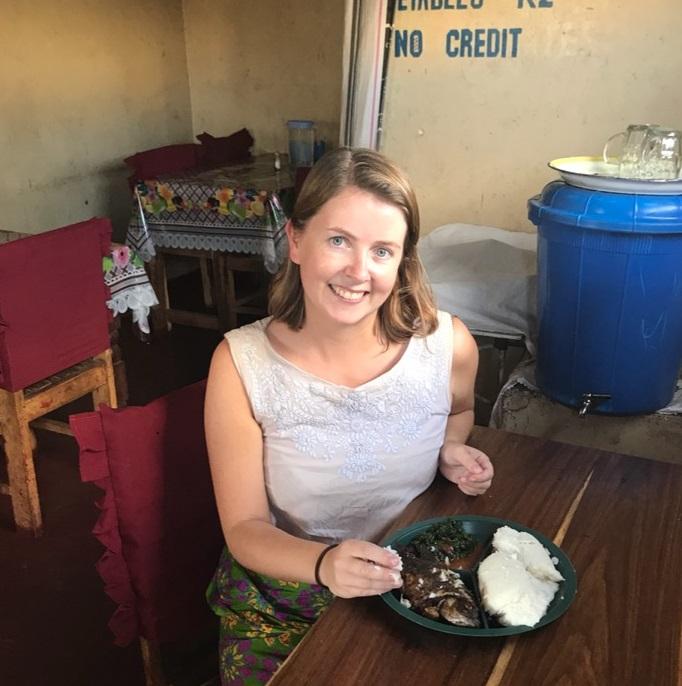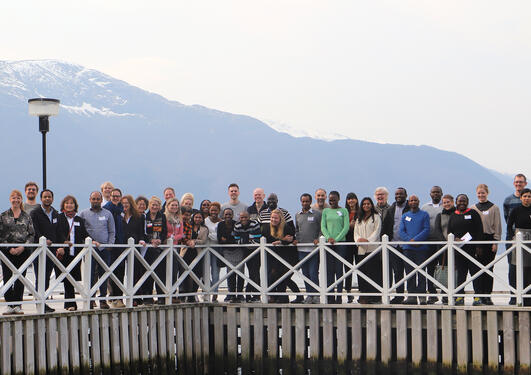Marte E. S. Haaland: Exploring the sociopolitical dimensions of health with emphasis on abortion in Zambia
As a social anthropologist studying health policies, Marte E.S. Haaland is convinced that the social sciences have a role to solve major health challenges

Main content
Haaland holds a Masters degree in Social Anthropology from the University of Bergen. Before joining the CIH PhD-fellowship, Marte has served as an administrative coordinator for Centre for Intervention Science in Maternal and Child Health (CISMAC), a Centre of Excellences based at CIH. Though born and bred in Norway, Marte’s current study has taken her to Africa for an extended period of time where she learns about conditions for sexual and reproductive health by experiencing the daily routine of local communities
“Problematic pregnancies - An ethnographic study of the sociopolitical dimensions of access to fertility control and safe in Zambia” is Marte’s PhD research in Zambia.
The study is embedded in the overarching project – Competing discourses impacting girls’ and women’s rights: Safe abortion and fertility control in Ethiopia, Zambia and Tanzania.
Through multi-sited ethnographic research, the project aims to examine the sociopolitical dimensions of access to safe abortions and fertility control in Zambia and to generate knowledge on the interplay between policy, legislation and sociocultural conditions framing women’s reproductive choices. Such knowledge will enable an assessment of socially and politically embedded risk factors for maternal mortality and morbidity caused by unsafe abortions.
The project explores the sociopolitical dimensions of health with a particular focus on abortion legislation. According to Marte, deaths and morbidity caused by unsafe abortions are often silenced in discussions about maternal health due to its’ political controversy. Marte is hopeful that her study will address the nature of such controversies and seeks to uncover its health related consequences, thus bridging the gap between health sciences and social science.
Marte has the conviction to pursue her interest in exploring the complex ways in which policies on sexual and reproductive health are formed, contested and reshaped throughout different levels and areas of society.


